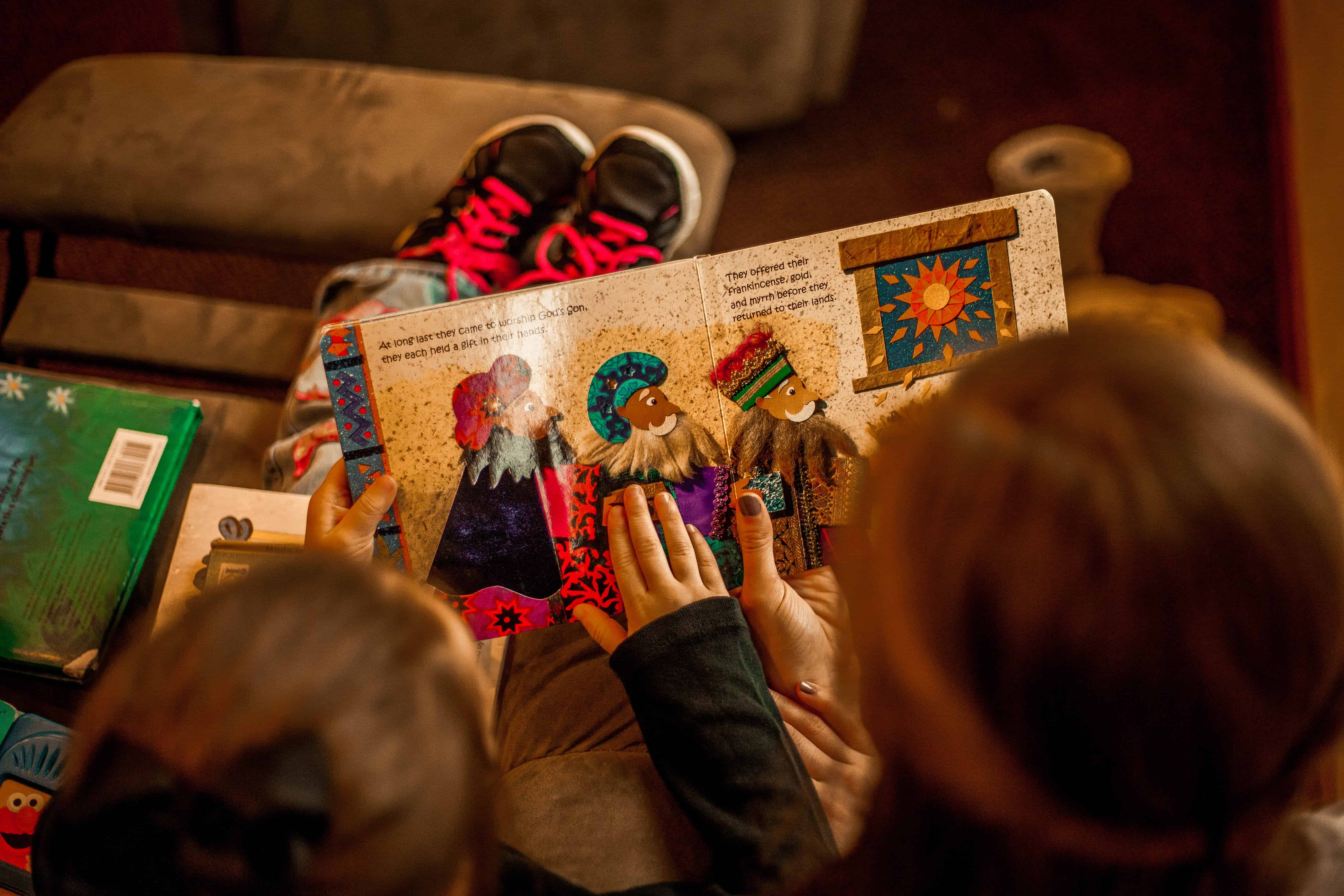For family experts, it is easy to fall into a trap of assuming that American, middle-class suburban culture is the apex of parent-child interactions: parents gently provide limits to their children while encouraging independence. Parents establish ground rules proactively, so that all parties know what to expect in nearly every foreseeable situation. Parents carefully and strategically design their methods of discipline—often arranged in advance through some sort of family contract or formalized agreement. Parents pay particular attention to maintaining a love vs. authority balance—too much love and your kids are spoiled, but too much authority and they drive a wedge between themselves and their children. Also, they must ensure that they spend as much time as possible with each child; quantity time is quality time. Of course, there is something to this sort of even-keeled, strategic parenting, but we observed some more “instinctive” parenting styles that made their own contribution to the family dynamic, and at the very least should cause us to periodically question our assumptions about “proper” parenting techniques. Here are three surprising parenting styles that seemed to work for the families we observed:
Proactive Parenting Is for Playing Catch-Up
One of our families (let’s call them Jason and Diane) made us reconsider the idea of proactive versus reactive parenting. They have two children, Jr. and Maggie—a 14 year old boy and a 12 year old girl. They take each parenting challenge as it comes, making a decision in the moment and then letting everything reset until the next decision needs to be made. We found little evidence that they thought ahead or tried to predict what challenges they would face next. Even when pressed to explain their parenting approach, they readily admitted that they just sit back and take things as they come. On the surface it seems like a textbook case of reactive parenting—a highly ridiculed form of setting and enforcing boundaries.
However, Jason and Diane were anything but reactive in the larger scheme of things. They are a very devout Catholic family with deliberate religious activity as a basic tenet of their parenting. Both children are altar servers at church and the entire family attends mass every Sunday—even when at a friends house or on vacation. I asked what advice they would give a peer who was struggling with his or her teenager’s reluctance to attend service; Jason answered,”it’s probably too late.” And there is the key—they’ve done their proactive bit already.
So are they intentional or reactive in their approach to boundaries? The truth is, a little of both. I call them “maintenance parents.” They spent a lot of energy and effort when their children were young establishing a solid community of like-minded influencers, identifying trusted friends, and instilling moral values and a strong work ethic. They also developed a strong rapport with both their children to ensure open communication. Now that all these things are in place, and their children have become old enough that direct parental instruction is losing its effectiveness, Jason and Diane have settled into a sort of troubleshooting mode—sit back and wait to see where the holes are, and then address them. Their story illustrates that reactive and proactive parenting both have their place over the course of child-rearing.
Openness Means Throwing Things
One of our single-mom households, the Lincolns, is an African American family in the South. The mother, Alfie, has two daughters living at home, each from different fathers whom she never married. They faithfully attend church and practice Christian values at home. However, we were struck by the openness of their emotional communication, which came through in the home videos they recorded for us. We have a clip of Alfie throwing something at her daughter, yelling at her to get the “f—ing camera out of here.” This same style of emotional confrontation was also apparent in the journaling activities they completed for us.
Obviously, to most of us this type of behavior represents a significant breach in the parent-child relationship. However, this family was extremely close to each other and very open. It is reasonable to assume that their fiery confrontations are simply an extension of this openness. The daughter knows her mom is not going to hold anything back, and she also knows that a brief outburst does not define their relationship. Actually, this style of interaction seemed to build trust between them, which came out in positive way during the study with open conversations about boys and dating, clear boundaries, etc. Such emotional transparency even seemed to contribute to family cohesiveness, which was very strong in the Lincoln family compared to some of the others with more “traditional” styles of interaction. While we don’t recommend shouting and cursing as a universal parenting technique, it did not seem to cause serious damage to this family, and might have even had a significantly positive impact on their relationships.
“Go Watch TV…I’ll Be in the Den”
The Tafts had a set of twins in 5th grade—one boy and one girl. They exhibited a different pattern of family togetherness than most of our other households. While most of our families tended to separate for various activities (ballet, soccer, etc.) and then come together with media (TV and movies), the Tafts showed the opposite pattern—they did most of their structured activities together and then separated for media consumption (a lot of video games and TV shows).
Strangely enough, they were also one of the few families in our study who did not consistently lament the fact that they didn’t have enough time together. In actuality, they seemed to spend as much time apart as any other family, but the parents didn’t feel it as acutely. In fact, Dad often spent a few hours a night in his den playing computer games, while Mom watched TV and the kids played video games in a different room. They did spend a lot of time together doing structured things like visiting local attractions and playing board games.
Such limited data makes it impossible to draw definite conclusions, but we can identify possible explanations for why they spent so much time apart and yet did not feel like they missed each other. Perhaps the structured activities are more fulfilling as “family time” than the media consumption. Another possibility is that this distanced home life is just part of the family culture. Their journal and interviews revealed that mom and dad clearly value their independence, and are explicitly teaching their kids to be independent—perhaps this is just part of that overarching philosophy. Another possibility is that because the kids are younger (and twins), there is more overlap to all of their schedules, making time apart less noticeable. Or perhaps they really do spend more time together, since often when they are apart they are still in the same general area, and likely have more interaction than a typical family’s evening of running everyone to various lessons or outside activities. Whatever the explanation, it is interesting to note that this family’s practice of deliberately separating for personal entertainment and recreation does not seem to have negatively impacted their bond, and this mom and dad appeared to be as satisfied, if not more so, with their time together (and apart) than any other of our married-with-kids households.



















